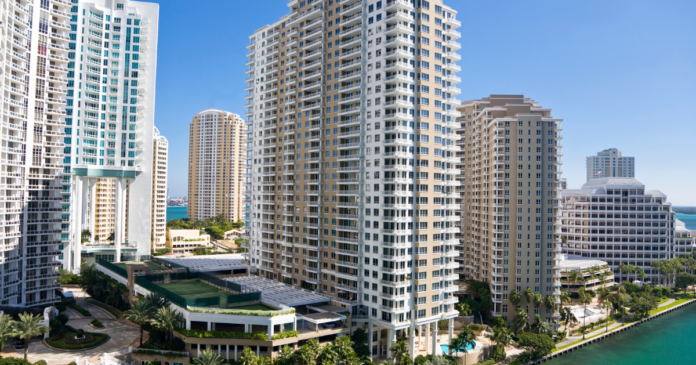Metro Manila’s real estate landscape is experiencing a dramatic shift, with residential property prices falling by 14.6% in the third quarter of 2024—the first major drop in over three years.
This downturn has presented both opportunities and risks, benefiting some while putting financial pressure on others.
For aspiring homeowners, the decline in prices has made purchasing property more accessible. Developers are offering significant discounts, while banks have introduced more flexible mortgage terms to attract buyers. Renters also stand to gain, especially in high-vacancy areas like Makati and Pasig, where landlords are lowering rents to fill empty units.
However, existing homeowners—particularly those with outstanding mortgages—are facing financial challenges. Falling property values raise the risk of negative equity, which occurs when a home’s market value drops below the remaining loan balance.
This poses a challenge for middle-income families relying on real estate as a long-term investment. Banks, too, are exposed to greater financial risk as more homeowners struggle to meet mortgage payments, raising concerns about loan defaults.
The impact of the real estate slump extends beyond individual homeowners. Industries tied to property development, such as construction, home improvement, and retail, are also at risk. A slowdown in these sectors may lead to job losses and reduced consumer spending, further straining economic growth.
Although the World Bank projects the Philippine economy to grow at an average rate of 6.0% from 2024 to 2026, a prolonged downturn in the housing market could pose challenges to this outlook.
A major factor in this decline is the mass exit of Philippine Offshore Gaming Operators (POGOs). Data from Leechiu Property Consultants shows that the POGO ban has resulted in approximately 50,000 square meters of office space vacancies, pushing total vacant office space to 378,000 square meters in Q3 2024—a 21% increase from the previous year.
This shift has left landlords struggling to fill empty units, further driving down property values in POGO-dense areas like Makati and the Bay Area.
Although the decline in the housing market presents a prime opportunity for new buyers and renters, it also threatens property investors, existing homeowners, and industries tied to real estate. The Bangko Sentral ng Pilipinas (BSP) continues to monitor the situation, urging financial caution among property owners.
As the market adjusts, experts remain hopeful that government policies and fresh investments will help stabilize Metro Manila’s real estate sector in the long run.



